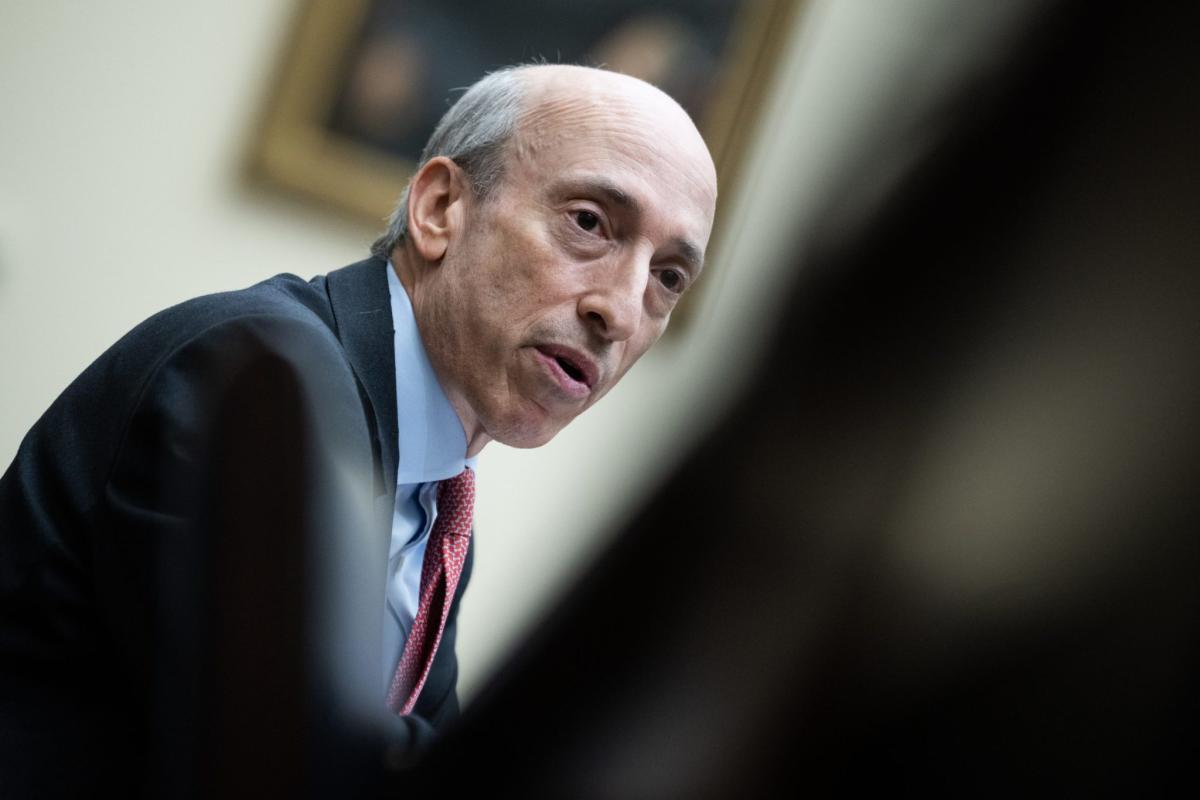Federal Judge Rebukes SEC Over Treatment of Crypto Firm
In a federal court in Utah, a judge has issued a stern rebuke to the Securities and Exchange Commission (SEC) over its handling of a crypto firm, expressing concern that the agency had made “materially false and misleading representations” in order to freeze millions of dollars in assets belonging to the project.
Case Overview
The firm at the center of the case is called Digital Licensing Inc., or DEBT Box. The SEC had filed a complaint in the summer, alleging the project had defrauded investors out of nearly $50 million selling unregistered securities called “node licenses”.
SEC’s Treatment
As part of the initial process, the SEC obtained a temporary restraining order and asset seizure through an ex parte application – meaning the crypto firm was not informed of the proceedings and was not able to challenge them in court at the time. These types of one-sided proceedings are rare and typically occur if a government agency fears notifying the defendant will result in destruction of evidence or overseas transfer of assets.
Judge’s Response
In his order, U.S. District Judge Robert Shel explained he had agreed to grant the SEC’s request based on the agency’s lawyer’s argument that the crypto company was actively closing accounts to move the firm beyond the reach of U.S. regulators. However, it was revealed in subsequent legal proceedings that the SEC’s arguments were not accurate and that the agency had possibly deceived the court in its description of the facts used to justify the earlier orders.
SEC Faces Sanctions
The show cause order issued Shel demanded the SEC provide reasons why the Utah court should not punish the agency for its behavior. The order on Thursday concludes with a list of questions asking the SEC to respond to specific examples of apparent falsehoods, including the agency’s claims made about closed bank accounts and social media blocking.
Reactions
The show cause order comes at a time when the SEC is already embroiled in a number of high-profile lawsuits against prominent crypto companies, including Coinbase and Ripple. The embattled industry is likely to seize on Shel’s order to reiterate long-standing complaints that the agency under Chairman Gary Gensler has pursued a vendetta against it.
The SEC has two weeks to respond to Shel’s order. Nonetheless, the story represents a significant moment in the ongoing battle between the SEC and the crypto industry.

I’m a cryptocurrency and blockchain technology journalist. My work has been featured in major publications such as CoinDesk, Bitcoin Magazine, and VentureBeat. I’ve been a respected voice in the cryptocurrency community and my insights into the industry have helped shape its development.

